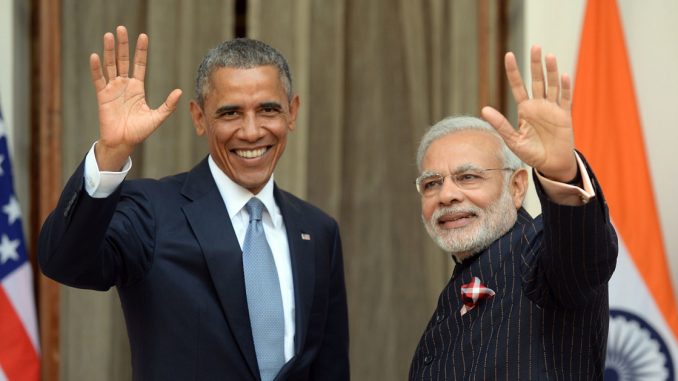
All countries of the world depend on each other for trade, commerce and other needs. I mean who on earth can claim to be self sufficient, and to add to it, science and technology has made the whole world a global village. Such a situation has made the countries of the world interdependent as never before. Thus to end violence and contribute to world peace, the countries of the world need to cooperate and not just engage in strategic and military alliance. History is testimony to the fact that selfishness, greed, intolerance, enmity, lingering conflicts, power obsession, blocks and grouping etc has already led to destruction and human suffering in the form of World War I and II.
We know that fact that United Nations Organisation was formed to bring world community together to solve conflicts in a peaceful way and thus to save succeeding generations from the scourge of wars. Thus grouping and lobbyism was rightly discouraged. However unfortunately post World War II scenario resulted in the formation of American and Soviet Block and subsequently such blocks brought no good to the world.
Even before independence, the Government of India maintained semi-autonomous diplomatic relations with many countries. It also contributed significantly in making of world organisations like the League of Nations and the United Nations. After attaining freedom the leaders of independent India rightly realised that for peaceful existence, development and prosperity, India needs to remain neutral with regard to two power blocks. And thus the initiative of Non-Aligned Movement was taken and adopted.
However the signing of the Treaty of Peace, Friendship, and Cooperation between India and the Soviet Union in 1971 and India’s involvement in the internal affairs of its smaller neighbours in the 1970s and 1980s tarnished New Delhi’s image as a nonaligned nation and led some observers to note that in practice, nonalignment applied only to India’s relations with countries outside South Asia. Now the image is further tarnished with the changing world scenario. At present India continues to compromise with the principles of NAM and instead it is getting closer and closer, particularly strategically, to such nations which have only added to conflicts, chaos and violence worldwide. For example India is no longer initiating anti-Israel resolutions at the United Nations and has made serious attempts to moderate the Non-Aligned Movement’s (NAM) anti-Israel resolutions.
The end of the Cold War significantly affected India’s foreign policy, as it did for much of the world. Now it seeks to strengthen its diplomatic and economic ties with the United States, the European Union, Japan, Israel, etc. Though India continues to have a military relationship with Russia, Israel has emerged as India’s second largest military partner while India has built a strong strategic partnership with the United States as well. One of the significant reasons of such a policy shift is definitely Pakistan and the Kashmir issue. Further it is also thought that United States aims to use India to contain China. On the other hand Pakistan is getting closer and closer to China. China too seems to harvest the better of India Pakistan conflict. So in a way lobbying is again in the making and India seems being a part of it. However the division of the world into various groups intolerant of each other along with the lingering conflicts is a threat to world peace even today as it was during World War I and II. We all know how America’s intervention in Vietnam, Afghanistan, Middle east, Israeli oppression on Palestine and America’s silence on it and similarly Russia’s intervention in Afghanistan and now in Syria resulted only in chaos, conflict, violence, destruction and human suffering. Such a policy has also led an increase in terrorism worldwide. Considering all these facts, India’s new policy of alliance with these powers can be considered as synonymous of following their footsteps. Such a scenario also indicates that the solution of Kashmir issue peacefully through dialogue will continue to remain a dream far from reality.
We are witness to the fact that unresolved conflicts, strategic lobbyism and ego of the Pakistan and India has only been profiting to arms market. NAM initiative taken by India was there for a reason, it was a very noble initiative. Instead of a policy shift India should resolve it’s disputes with neighbouring countries peacefully using dialogue. If peace, conflict resolution, prosperity and development are important priorities for India then it must be understood that Non Aligned Moment is relevant even today as much as it was some 60 years before. And on the other hand the new policy of alliance with certain nations can only be understood as “axing your own feet”.
Source: CounterCurrents.org

Leave a Reply